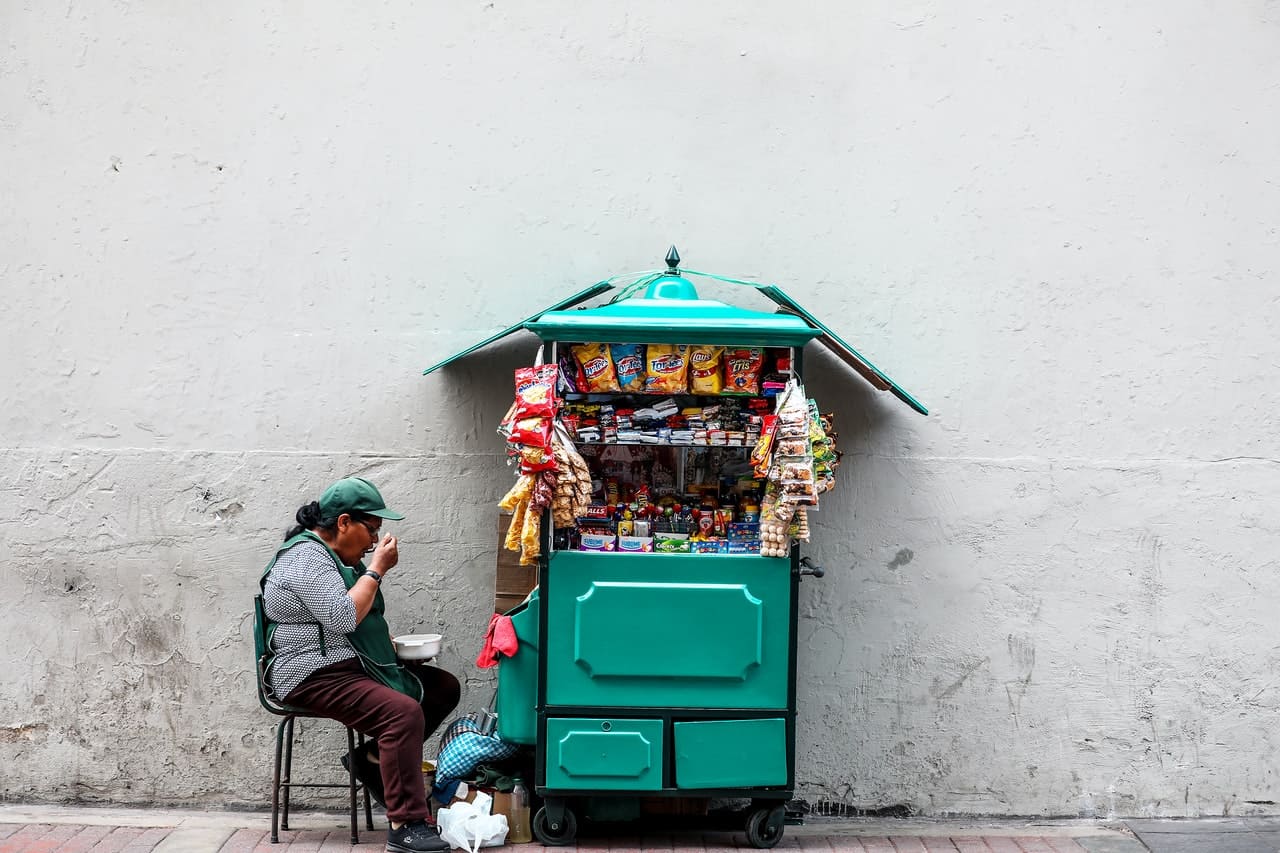Silvia Muñoz lost her job as a domestic worker in Lima; Yolanda Chambi had to close her sale of traditional costumes in Lake Titicaca: the pandemic aggravated labor gender inequality in Peru and in the rest of Latin America, where more than four million women have not yet recovered their jobs.
The pandemic forced many women to stay home to care for their children when daycare centers and schools closed, or to care for sick family members.
Some who were able to return to work found themselves with lower wages and others were forced to join the ranks of informal commerce, which is widespread in the region and especially in Peru, the country with the world’s highest mortality rate from covid.
After the pandemic hit in March 2020, “there was no more work, there was nothing,” Muñoz, 65, says with resignation in his modest home in Villa María del Triunfo, a working-class municipality of Lima.
1,000 kilometers away, Yolanda Chambi met a similar fate.
“We lost all our economic income,” says the 45-year-old designer and embroiderer who sold and rented traditional Andean costumes in the city of Puno, on the shores of Titicaca, the world’s highest navigable lake.
The costumes were purchased by locals for the feast of the Virgen de la Candelaria, a massive celebration with Andean music and dances held every February 2, which has been suspended for two years by covid.
As she could no longer pay the rent for her house-workshop in Puno, Chambi had no choice but to move with her four children to the house of relatives in the countryside, where they grow beans, potatoes and other vegetables to survive.
Several countries in the region provided unemployment benefits in 2020 and 2021, but in Peru this benefit reached few pockets due to the high labor informality (more than 70%) and low banking penetration, particularly among the poorest.
Decade-long setback
“The crisis caused by the HIV/AIDS pandemic in the labor markets of Latin America and the Caribbean had a greater impact on women” and caused “an unprecedented setback in gender equality at work,” according to the International Labor Organization (ILO).
Since 2020, women’s unemployment in the region remains at 12.4%, compared to 8.3% for men. The figures show an increase in gender inequality at work, a bad sign ahead of International Women’s Day on March 8.
“Latin America had been making progress […] in reducing these gaps, these indicators, [but] the pandemic put us more or less behind the indicators of 10 years ago,” ILO head for the Andean countries, Italo Cardona, told AFP.
He explained that, in addition, the pandemic hit many sectors that traditionally employ women: service provision, hospitality, tourism and the informal trade system.
The return of Latin American women “to the labor market is much slower than that of men,” said Cardona.
As a result of the pandemic, Daysi Falcón, 34, lost her job as an administrative assistant in a manufacturing company in Lima and now sells food to acquaintances. She said that her family members “fell one by one with covid” and she spent months caring for them.
According to the ILO, 24 million women lost their jobs due to the pandemic in Latin America and more than four million remain unemployed. A similar number of men lost their jobs in the region, but only half a million remain unemployed.
I feel powerless
For other women, the pandemic is synonymous with lower wages. Silvia Muñoz, who has to support her sick husband, was able to resume her job as a domestic worker a few months ago, but only four days a week.
And now wages have fallen by as much as 30%: she went from earning the equivalent of about $25 for a full day to about $17.5.
“You have to accept it, because behind me there is suddenly someone else who earns less,” the 60-year-old says resignedly. “I feel helpless, because age is getting on, one’s strength is weakening, and when you are older, there is no retirement.
In Lake Titicaca, embroiderer Yolanda Chambi sees no end to her problems. “The festival continues to be suspended, our economy continues to be suspended, we don’t have any income,” she laments.
Now, with the help of her children, she sells breakfast at the access crossroads to the town of Ácora, 30 km from Puno.
by Carlos REYES






